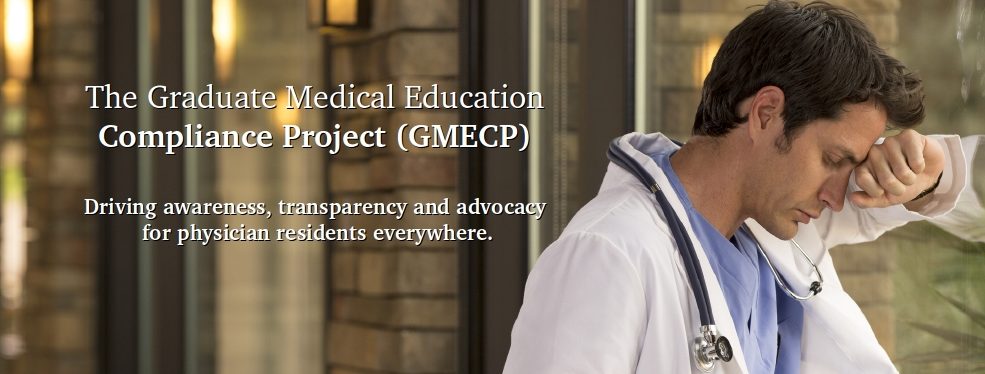Ongoing review. Last updated December 2022.
Here are some recent cases of which we are aware wherein residents have initiated litigation against residency programs, faculty and/or institutions for issues of wrongful termination, hostile work environment, retaliation, discrimination, failed due process, etc. These cases do not typically get press attention. It is difficult to know the outcome of many of these types of cases. They may be dismissed early on owing to the difficulty of a resident prevailing against their program. Also, these cases seem to rarely reach a jury for deliberation since a potential loss for an institution will typically end with some type of settlement and the signing of a Non-Disclosure Agreement (NDA). Thus, residents, their attorneys, the ACGME and other players do not benefit from what could be learned through others’ experiences. The interactions, violations, depositions, discovery, etc. may mostly remain secret.
However, reading through some of the legal documents is helpful to gain an understanding of the types of abuses and infractions that residents encounter. We can also learn from others’ strategic successes and failures, as well as gain a better understanding of the many obstacles, protections, immunities and secrecy that institutions are granted at the expense of the resident (or student, doctor, employee, etc). The issues that are described in these cases appear to be much more common than any GME institution would admit. It is likely that these types of cases are rarely documented or litigated.
It is also noteworthy that the limitations placed on damages creates a situation of insignificant loss for institutions, even if they were to lose at jury trial. For example, with compensatory and punitive damages for federal employment and discrimination awards set at a maximum of $300,000 total, this amounts to little more than a rounding error in our educational and hospital institutions’ accounting spreadsheets. There is little legal or financial incentive for institutions to consider these types of complaints. It is likely far easier for them to outspend and overwhelm the complainant to make them go away,… to intimidate them into silence.
Perhaps the only significant way to effect change among the non-compliant organizations is via public awareness. Litigation will certainly be expensive, unpredictable, prolonged and contentious with the ultimate goal of the organization being the absolute professional destruction of the offending peon. They have many millions of dollars at their disposal to reach that end. As an indebted, unestablished, resident-in-training, how much disposable income do you have to counter their legal teams?
Wilson v. Bahnson, et al. (Ohio State)
Rice v. St. Louis University, et al.
Brantl v. University of Missouri
Kennerly v. Moses H. Cone Memorial Hospital
Check out some older cases documented by Residency Rehab, going back to 1976.
To find/view/download U.S. court cases, you can register for PACER (Public Access to Court Electronic Records). Fees are minimal.
States may have individual electronic access systems. For example, Missouri uses Casenet.
If you are aware of a resident physician case that might be added to our page, please contact us with some details.
.
.
.
Our Programs. Our Future. Our Responsibility.

GMECP: Driving education, awareness, and positive change towards systemic improvement for our programs’ residents, faculty, and staff.
⇑ to Top of Page
⇐ To Home Page
*Disclaimer: We are in no way associated with or supported by any educational, administrative, accreditation, licensing or oversight body mentioned in these pages.
*Legal: Institutional images and names are used non-commercially and under concepts of fair use, public domain, sharing of newsworthy and public-benefiting criticism, and with an unlikelihood of confusion as to trademark usage.
